Dico sempre che la carriera d’attore che ho avuto per 20 anni non la scambierei per nulla al mondo. Non mi è mai sfuggito di mente il fatto di essere arrivato dai sobborghi a lavorare con i più grandi di Hollywood, per produzioni in giro per il mondo. Ho visto la Nuova Zelanda, India, Parigi, Toronto, Miami, Chicago ed infinite altre città e Paesi del pianeta e tutto grazie alla recitazione e di questo sarò sempre grato. Anche se è difficile scegliere, penso che il lavoro di cui sono più orgoglioso sia aver lavorato col mio idolo, Sidney Poitier. Nel 1996, fui in grado di interpretare suo figlio nel film per la Tv To Sir, with Love II (Peter Bogdanovich, 1996). Sotto la direzione di Peter Bogdanovich, fui fortunato a condividere scene con l’uomo che aveva aperto la breccia per gli attori di colore. Certo, c’erano stati attori di colore prima di lui, ma essere il primo uomo di colore a vincere l’Oscar per I Gigli del Campo (Ralph Nelson, 1963) spianò la strada per molti altri a sognare in grande. Altri come me. Ti ho raccontato di come i miei genitori ci portassero in centro per vedere quelle commedie con lui e Bill Cosby. Quando ero un giovane attore, studiai la sua storia e di tutte le barriere della società del tempo che dovette abbattere e che non lo vedevano come un essere umano completo fino al 1964, un anno prima che nascessi. Quando lavorai con lui, Jack Nicholson e tanti altri, totalmente intimidito e spaventato dal parlare finchè non mi venisse rivolta la parola, dissi a Sidney quanto gli fossi grato per essere diventato un attore in modo tale che anche io avrei potuto diventarlo – quando gli dissi ciò, apprezzò tantissimo. Un uomo così umile, incredibile, di un’altra epoca, come si dice, non li fanno più così. Nei primi anni duemila, mio padre – e migliore amico – morì di cancro. Avevo 34 anni ed ero completamente a pezzi. Il desiderio di rimanere sulla scala mobile di Hollywood e passare da audizione ad audizione per poi fare i bagagli ed andare in qualche location per mesi non era più il mio obbiettivo. Iniziai a diminuire il numero di audizioni ed ad accettare meno lavori. Tornai all’Università per completare il mio ciclo di studi e laurearmi. Finii col trovarmi nel business del turismo. Diventare tour director e guidare le persone mi veniva natural. Avrei presto ricominciato a viaggiare, talvolta per 30 settimane l’anno, in vari luoghi per vacanze da 7/14 giorni. Questo mi ha portato ad essere co-proprietario di una compagnia, Nomad Adventure Tours, fino a scrivere di viaggi per un blog che è ciò che faccio ora. La pandemia, sfortunatamente, ha decimato l’industria del turismo, seppur temporaneamente, così come quella dell’intrattenimento. Tanti miei amici sono in difficoltà. Faccio parte di una compagnia di produzione e 3 di noi hanno scritto sceneggiature per uno show comico in questo periodo tramite videochiamate. Di recente abbiamo messo insieme un gruppo di attori per una lettura del nostro episodio pilota ed è andata benissimo. Sentiamo di essere pronti a portare in giro per Hollywood il nostro progetto. // I always say that the ride I had as an actor for nearly 20 years was one I would never trade with anyone. It was never lost on me the fact that I had come from suburbia to working with some of the best and biggest Hollywood has ever seen, in productions that filmed in locations around the world. I saw New Zealand, India, Paris, Toronto, Miami, Chicago and countless other cities and countries across this planet because of acting and I will forever be grateful. While it is hard to choose, I think I am most proud of working with my idol, Sidney Poitier. In 1997, I was able to play his son in the television movie To Sir with Love II. Under the direction of Peter Bogdanovich, I was fortunate to have scenes with the man who started it all for black actors. Of course, there were black actors before him, but being the first black male to win an Academy award for Lilies of the Field paved the way for so many others to dream big. Others like me. I told you my parents would drive us into the city to see him in those comedies with Bill Cosby. I would learn as a young actor of his struggle to break down barriers set by society that would not see him as a full human being until 1964, one year before I was born. When I worked with him, like Jack Nicholson and so many others, totally intimidated and afraid to speak until spoken to, I told him how grateful I was to him that he had become an actor so that I could become an actor, he was so appreciative. Such a humble, incredible man, clearly from another era as they say they don’t make them like him anymore. In the early 2000s, my Father and best friend, died of cancer. I was 34 and completely shattered. The desire to stay on the Hollywood treadmill of constantly auditioning and then packing and leaving to some location for months on end was no longer my focus. I decreased my auditions and took less jobs. I went back to university to complete my degree. I ended up getting involved in the tour business. Becoming a tour director and guiding people felt very natural to me. Soon I would be travelling again, sometimes for upwards of 30 weeks a year, to various locations on 7 to 14-day vacations. That led to co-owning a company, Nomad Adventure Tours, to travel writing and blogging, which is what I do now. The pandemic has unfortunately decimated the travel industry, temporarily, as it has the entertainment industry, quite frankly. So many of my friends struggling. I’m part of a production company and 3 of us have been writing scripts for a comedy show during this time via zoom calls. We’ve recently assembled a group of actors for a staged reading of our pilot and it went really well. We feel we are ready to begin shopping our project to Hollywood. Say a prayer for our success!
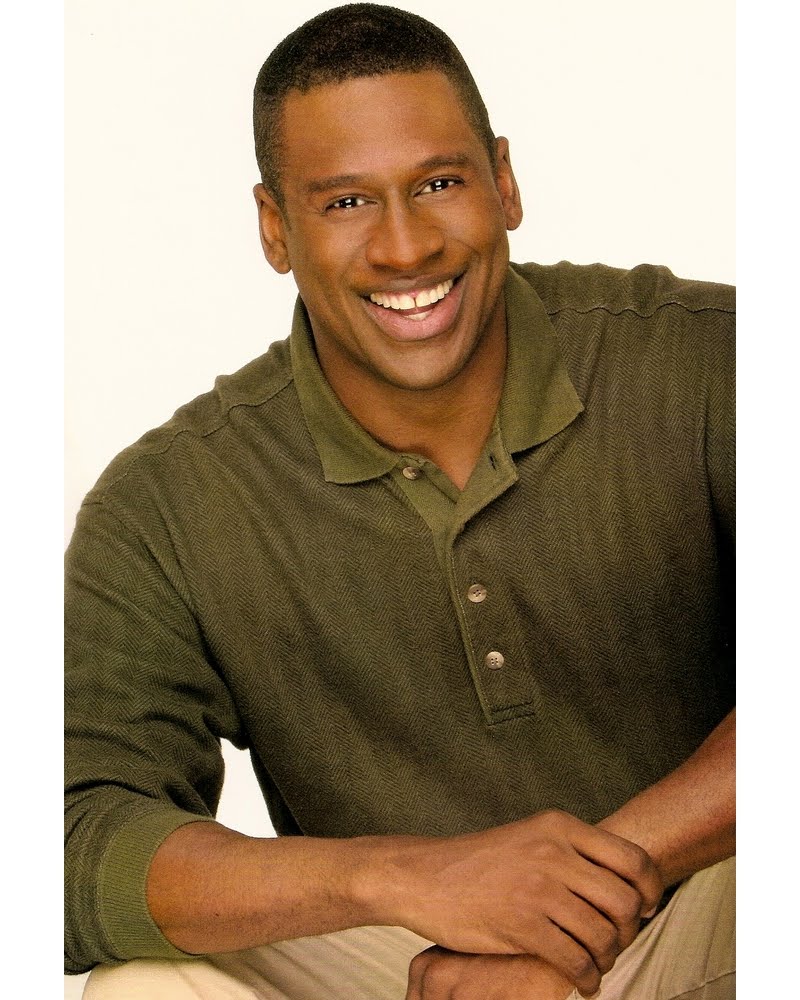

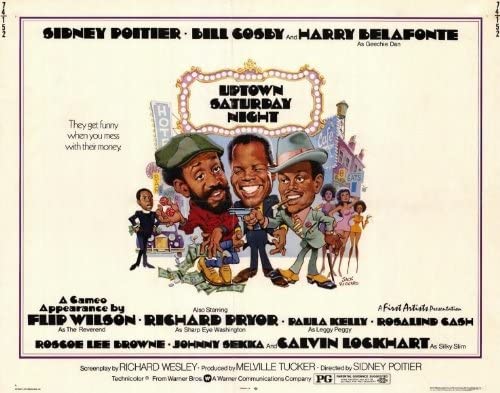



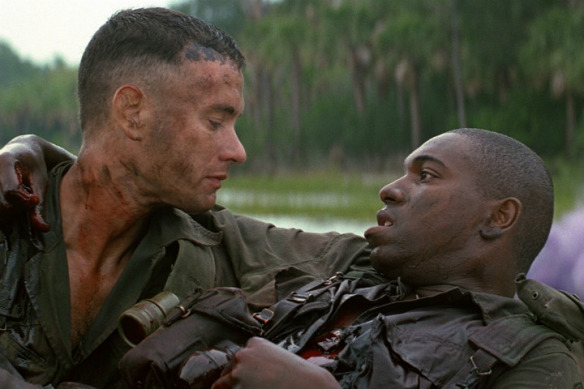



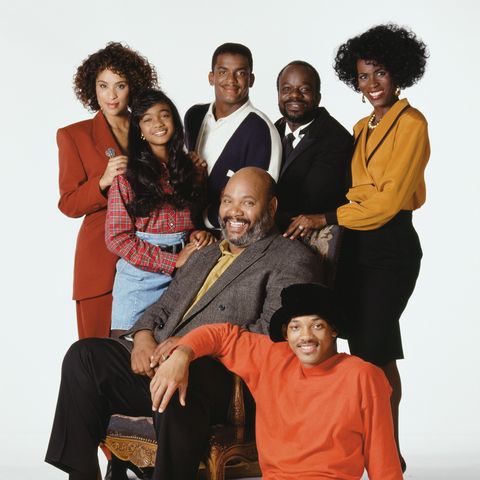



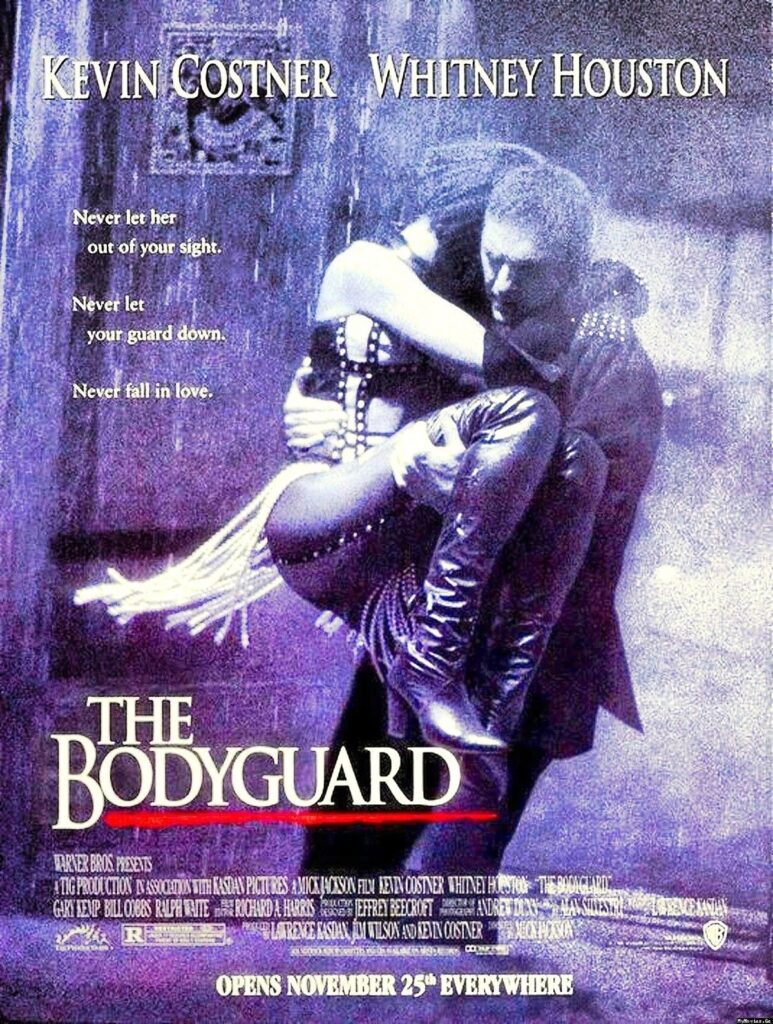



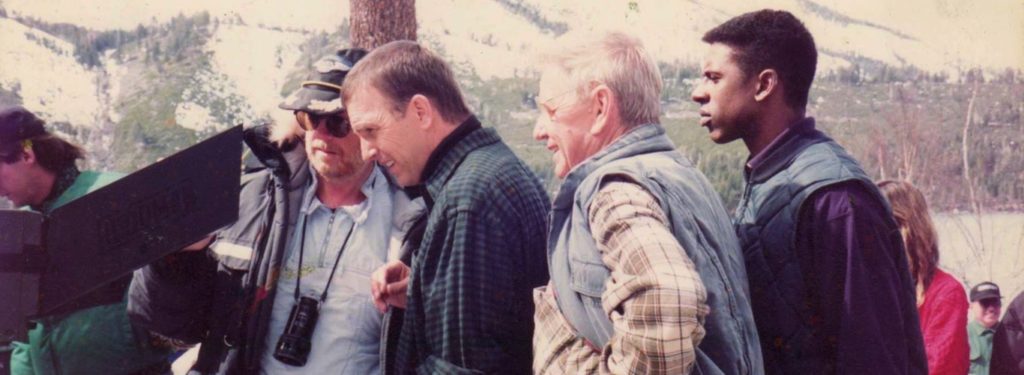



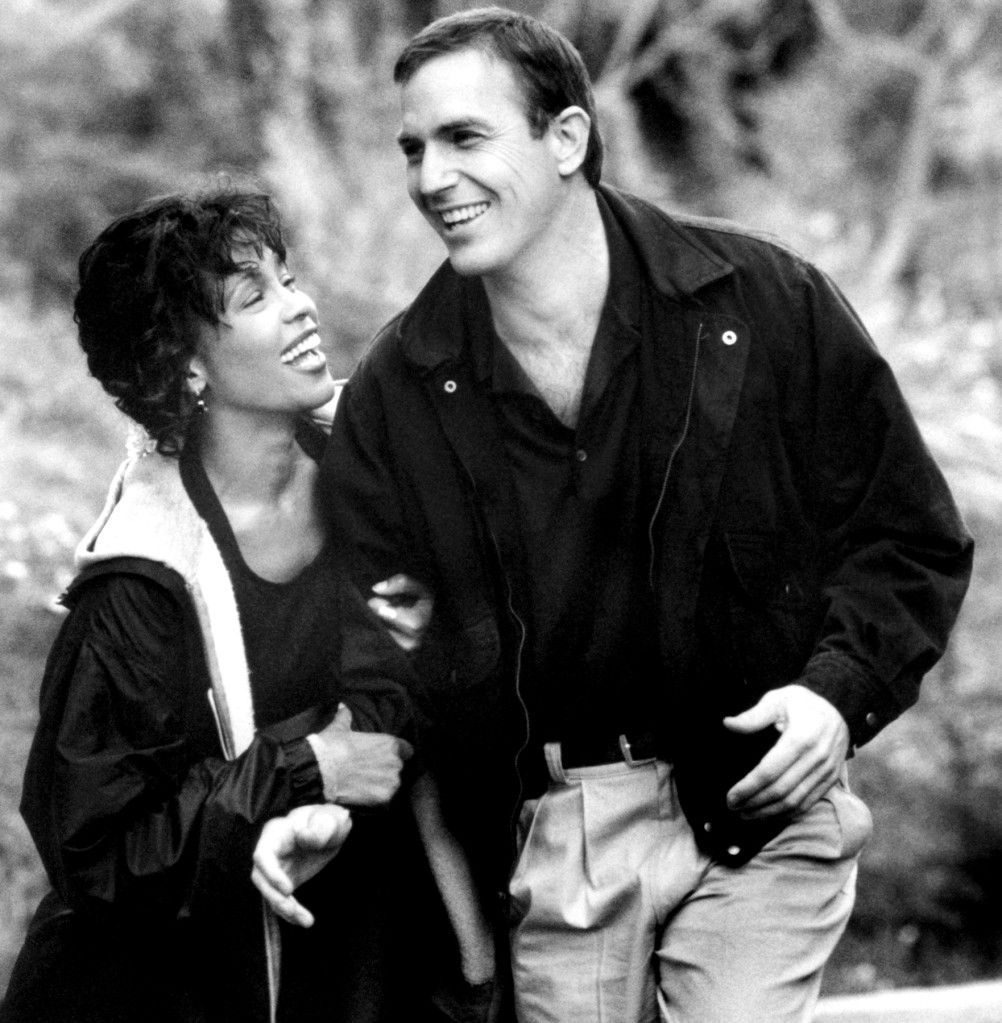



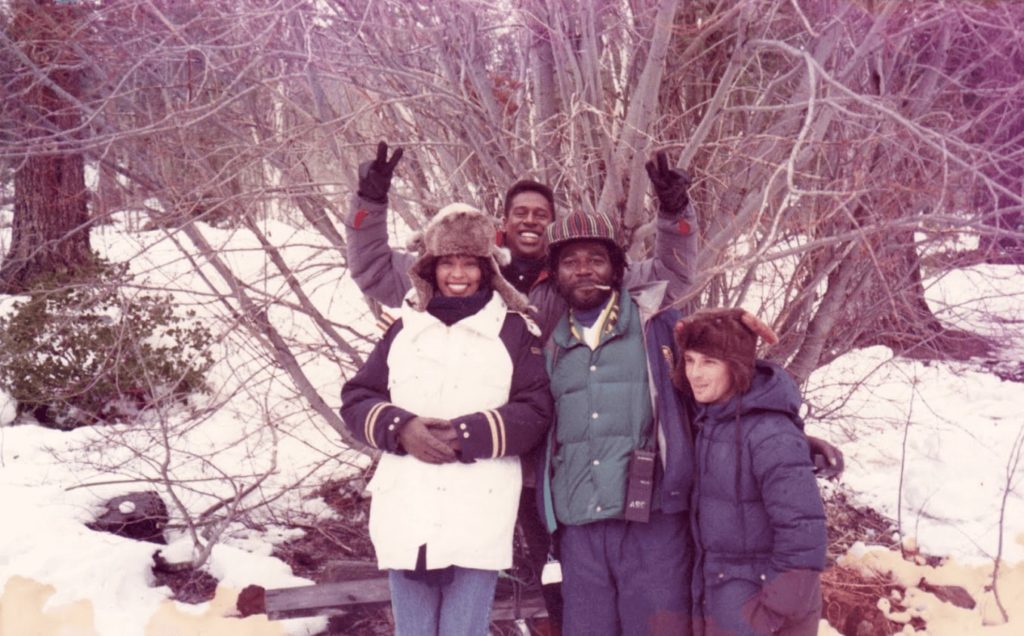



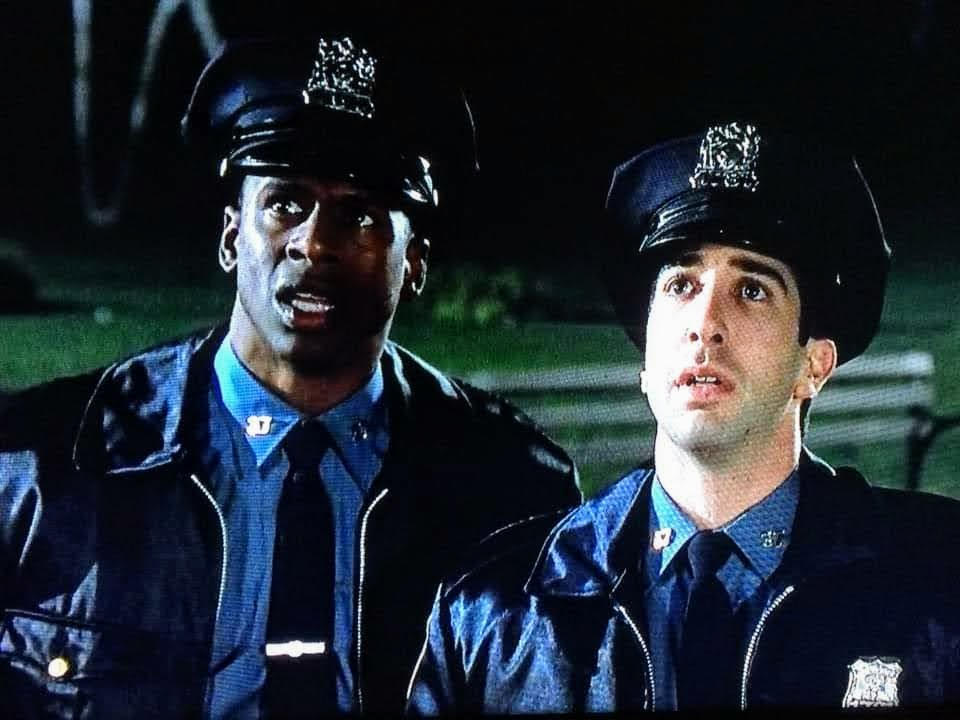



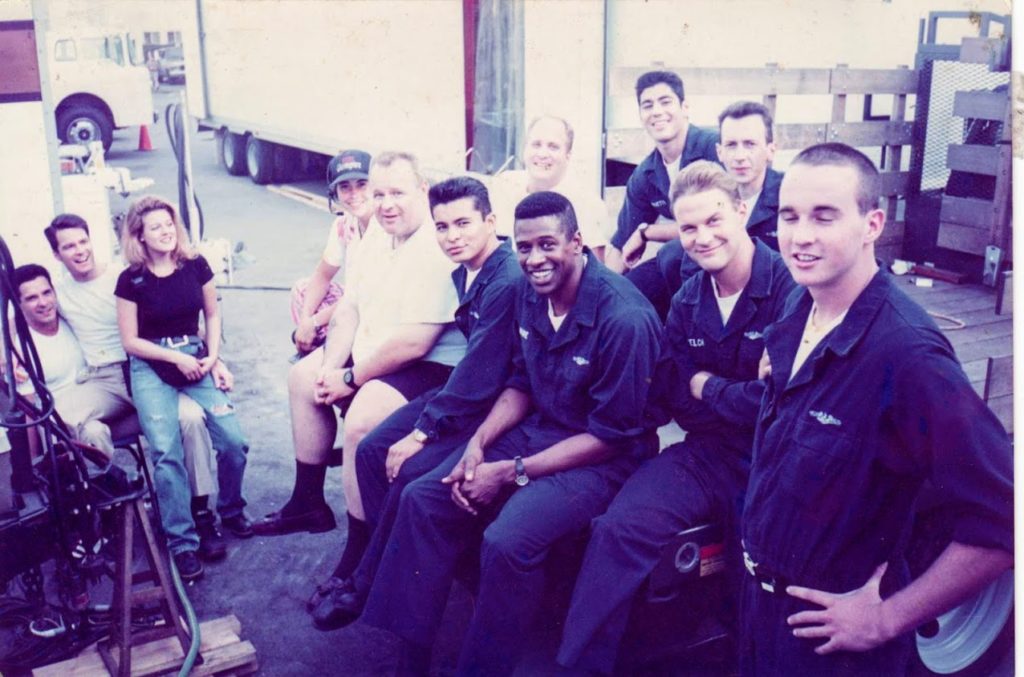



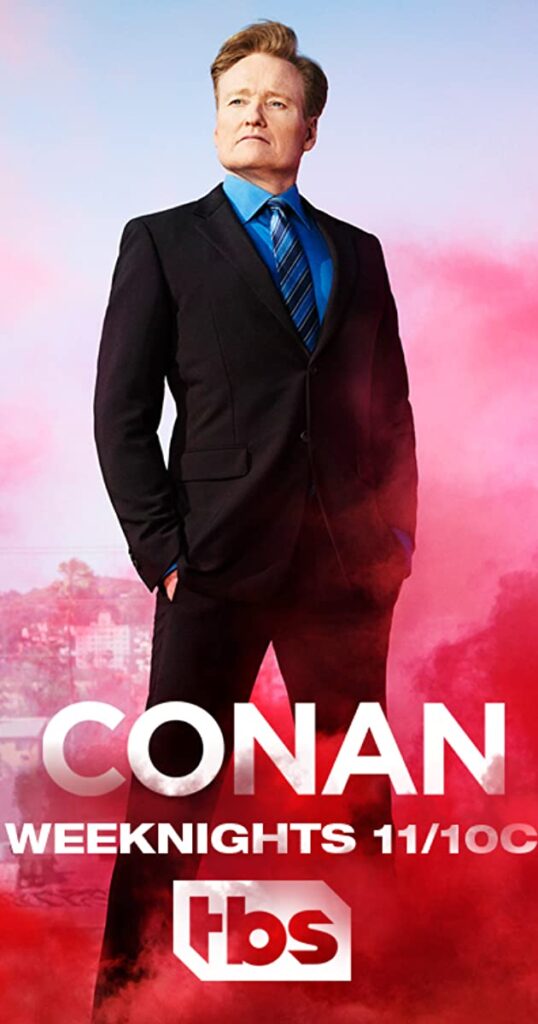



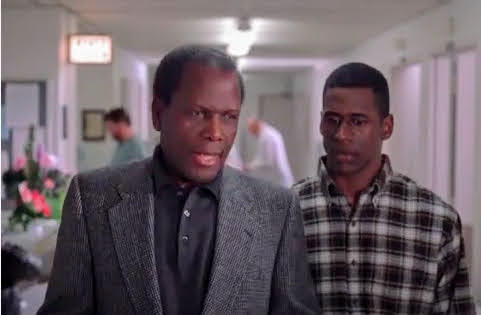




So good! Thanks so much Mr. Birt for sharing your fascinating experiences in movies and your interactions with some of the most amazing actors.
God bless!
Thanks Mike! You rock!
What an incredible story Man!💜
Thanks Mac!
Fantastic interview Chris! You are a great storyteller! Miss you so much! Got any of that “Cherry Stuff”?
Sandy
Sandy (fitbit) I miss you as well. Cherry stuff on me after the pandemic
I knew when you were going into 8th grade you’d
be an actor. Remember your act when we rode the ride at Knotts Berry Farm? You made the operator think you were so scared. He offered to let us get off even though it was a 2 time up and down!
Beverly that is hilarious! I do not remember that but your memory has always been better than mine!
Hi Chris, My favorite “other” son. Yours was a very interesting interview. I learned things about you which I never knew before! You were very open and seemed to be having a good time. I understood some of the Italian language. As you
probably know, Portuguese and Italian are Latin-based languages but I would never say that I speak Italian. Nor Latin.
We sure miss you at Christmas. This last Christmas was very different because of the coronavirus. We now meet in Ashley and Curtis’ beautiful home in Yorba Linda for our holiday celebrations. We would love it if you would join us.
I now live in a different retirement home. Beverly has my address and phone #. Would love to hear from you!
I remember that you and your Mother came to Ashey and Curtis’ wedding. Wasn’t that an elegant affair? I’m sure glad that I didn’t have to pay for it. Ash & Curtis now have 2 little girls. Emma Grace is 6 and almost ready for 1st grade. She is quite an amazing little girl. She paints, and draws exceptionally well for her age. Little sister, Macie Marie, attends pre-school, adores her big sister, and tries to copy everything Emma does. Lynne brought the girls to visit me last Sunday. She picked up 2 lunches from McDonald’s on the way here. Eating lunch kept the girls busy for awhile but their appetites are not big. Soon Emma gets up from the bench and starts dancing. Macie, in turn, wants to join Big Sister. She leaves her cookie behind and joins Emma on the dance floor (cement). Macie sees Emma kikking her leg high and she tries to do the same thing but instead, falls on her chubbybehind. Lynne gasps but fortunately, Macie doesn’t hear her and she resumes dancing. They were having the time of their lives. And so was I, just watchig them. After visiting for about an hour, Lynne and the girls leave. I had not seen the 2 girls since Christmas. It’s amazing how much they had grown and changed during that time. Macie’s hair had grown longer and finally, she looked like a girl!
I must practice my piano. Last year I hardly touched it and I thoroughly embarrassed myself. I vowed to be
better prepared this year!!! And that takes practice. Ugh!!!
God bless you, Chris, and hold you safely in His arm!
With love,
Helen M.
Thanks Mom! I love you!